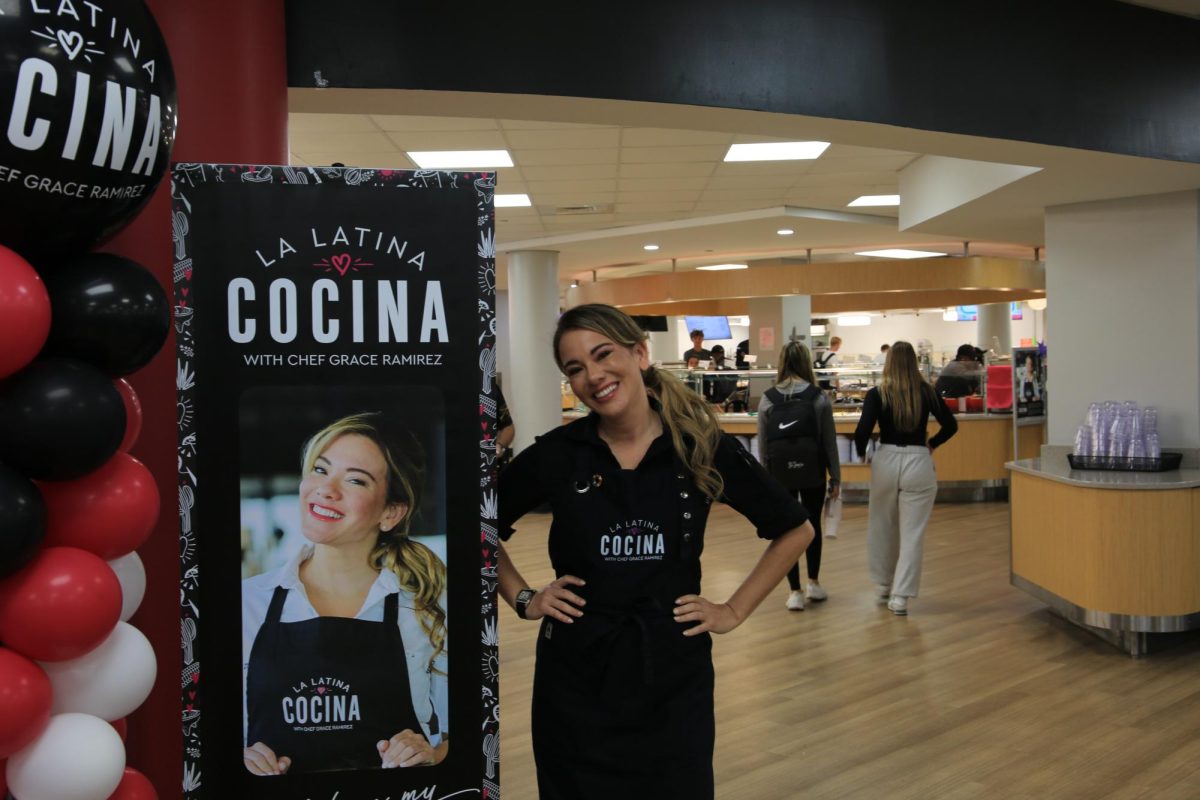You would never believe it! I had the best day ever for seven days in a row!
For a whole week, I played a TikTok game called “Best Day Ever.” Every morning, the first words I said were, “It’s going to be the best day ever,” and I had no clue why until I found myself looking for reasons why.
I was living a mundane life, just going through the motions. It wasn’t until I came across a video about the “Best Day Ever” game, that I knew I wanted to make a change.
And so it began: a seven-day trial of having the best day ever.
Lanie Smith ’25 had a reputation of being one of the most optimistic people on campus. I asked her what makes her so positive. She said after having health issues in high school, she changed her perspective and decided to lead with positivity in hopes that spreading cheerfulness to others would make her feel that way, too.
“Life is tough, and it’s not gonna be sunshine and rainbows all the time, but if you can focus on those little moments … it just kind of makes things feel better,” Smith said. “Even if it’s only one small good thing, it’s better than no small good thing, so I try to look at it in that light.”
Over the course of my Best Day Ever experiment, I saw what she meant. Focusing on small joys changed how I approached each day, and I wondered if everyone is capable of playing this game.
Deborah Ward, Ph.D., assistant professor of psychology, gave insight into the idea that folks who are most likely to “live in the moment” are better at looking for smaller things in life that could, in turn, have a big impact on happiness and well-being.
“It seems like we can — or learn how to — strategically change those mindsets to maximize our well-being, depending on the specific situation,” Ward said.
When playing this game, I tried to be conscientious of the flip side, as toxic positivity found its way into my week. I juggled with the false idea that every day has to be the best day ever in order to feel fulfilled.
“Every day is not gonna be the best day ever, but when you make that mindset, it makes you appreciate the small, good things more,” Smith said. “It helps you focus more on the little good things rather than thinking every single thing has to be this huge positive accomplishment. It could be something small.”
Alexander Skolnick, Ph.D., assistant professor of psychology, said that feeling all the feels and being flexible are some of the healthiest things a person can do.
“If you need to be stronger, or you need to be positive, or you need to reframe something because it’s really upsetting, the people who are the best at being flexible in their responses to the moment, seem to me, have the best mental health and do the best long-term,” Skolnick said.
Ron Dufresne, Ph.D., professor of management, starts off each class with a moment of gratitude, inviting his students to pause and reflect on one good moment, opening up the space afterward for sharing.
“To be positive and to bring that gratitude into the world is not to forget bills to pay,” Dufresne said. “It’s not to forget that life is hard. It’s hard for all of us. It’s not the toxic positivity of glossing over that part of life. What it’s really doing is just shining a light on the good parts of our life that coexist with the bad as well.”
After participating in this game, I can confidently say that while it is a “game,” it is now defined as a lifestyle in my dictionary. I’ve started to embrace small moments within each day and celebrate and recognize all the little moments in life that make life worth living.
“Positivity is a limitless resource,” Dufresne said. “Like love, the more we love, the more we have, the more we give it away, the more it’ll grow for us.”
Best advice ever.

















































